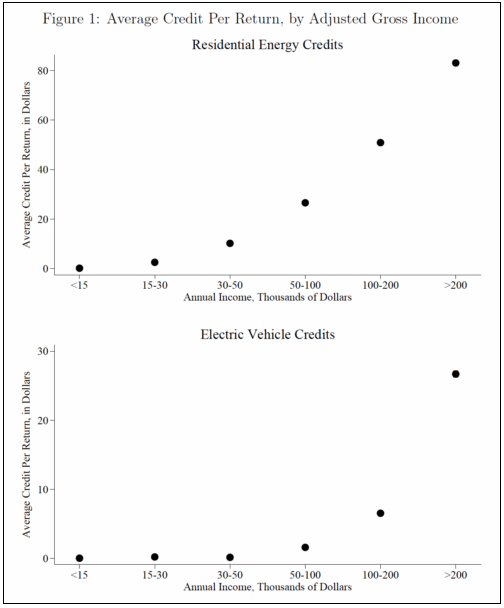This time those of the People’s Republic of China’s economy. In a Wall Street Journal editorial in which the editors, correctly, deprecate the idea that the continuing slow devaluing of the yuan is necessarily something about which to worry. Neither the falling yuan relative to the US dollar, nor the parallel weakening vs the dollar of Japan’s yen, the Republic of Korea’s won, Malaysia’s ringgit, and a number of others across Asia reflect anything other than the strength—more accurately, the lesser weakness—of our economy compared to those nations’.
Then the editors dropped this mistake:
No one can say whether an economic crisis is imminent in China, but no one should want one.
The first part is true; the mistake is in the second. Absolutely we, the rest of Asia—particularly the Republic of China and the nations rimming the South China Sea—should want one, as well as Europe and the United States. The PRC’s increasing aggressiveness and threats against those Asian nations, and its support for Russia’s barbaric invasion of Ukraine and the threat that represents for the rest of Europe, and its economic support for a nuclear Iran and the threat that represents to the existence of Israel and the threat of Iran-nuclear armed terrorist attacks on Europe and the US—these are possible only with a strong economy with which to fund the PRC’s militarism, its supplies of military materiel to Russia, and its purchases, even at slight discount, of Russian and Iranian oil, thereby funding those nations’ misbehaviors.
An economic crisis in the PRC or, especially hopefully, a prolonged economic meltdown would be economically disruptive for the world at large in the short run, but it would be a very good event in the medium- and long term for the security, and economies, of non-PRC Asia, Europe, and the US.

